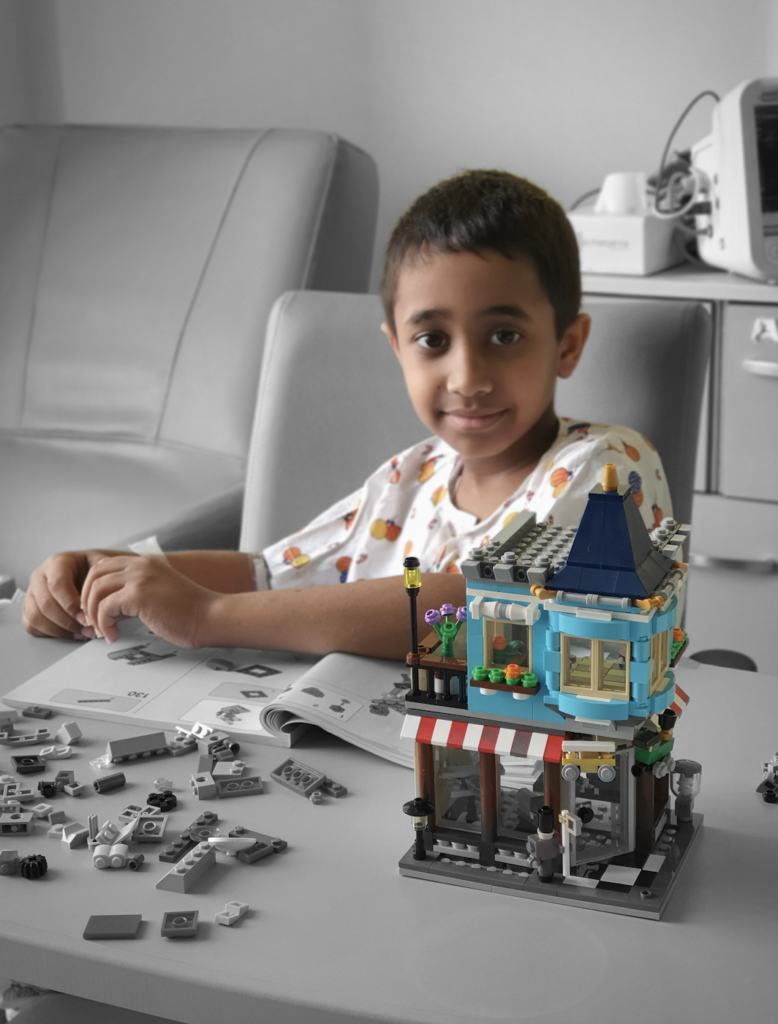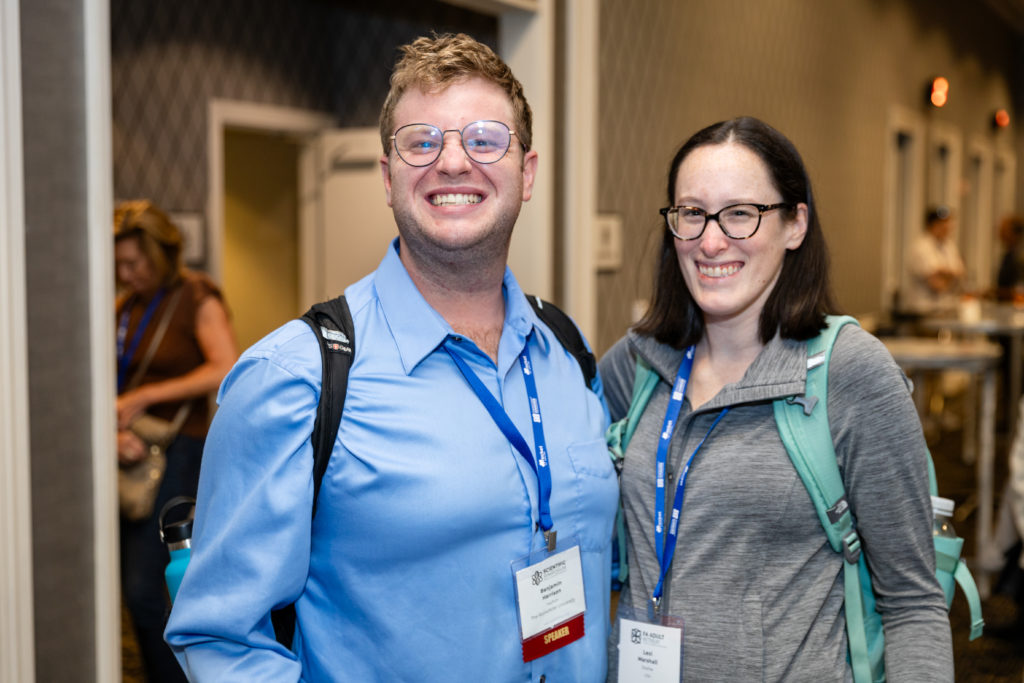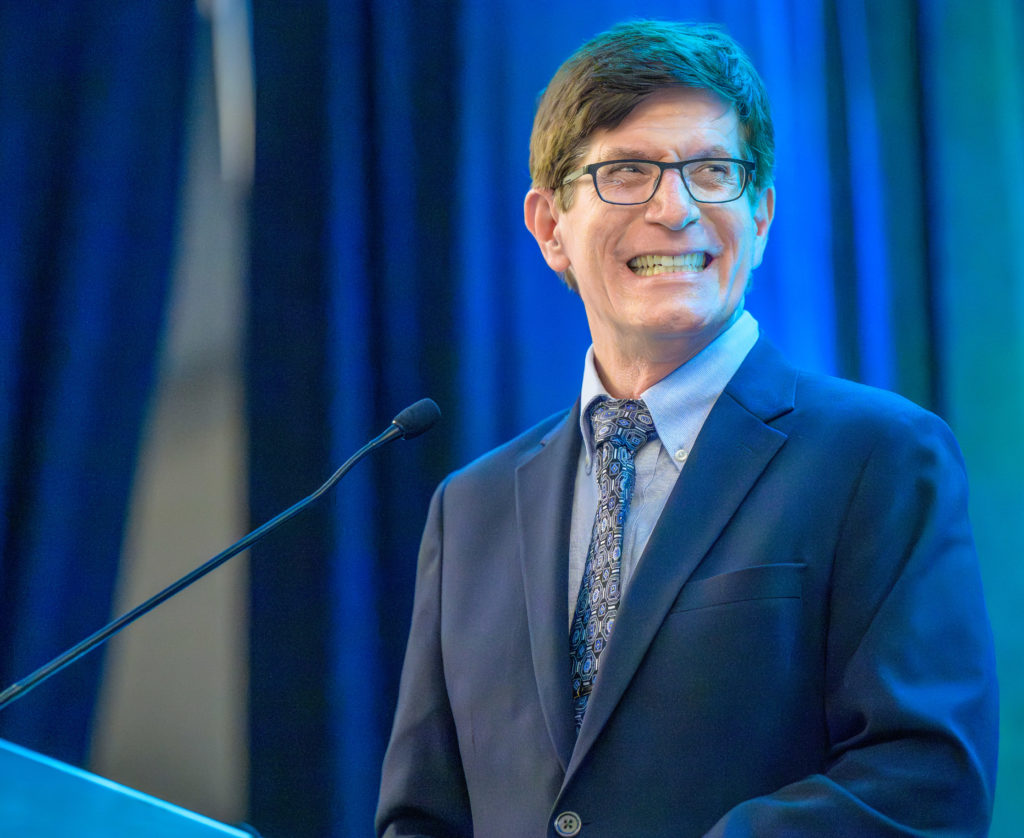
At the 2025 Fanconi Cancer Foundation Scientific Symposium in Minneapolis, the Foundation presented its Lifetime Achievement Award to Dr. John E. Wagner, MD, in recognition of his decades of groundbreaking work and unwavering commitment to improving the lives of people with Fanconi anemia (FA).
The award was introduced by Lynn Frohnmayer, co-founder of the Fanconi Cancer Foundation, who reflected on Dr. Wagner’s remarkable influence on the field, and on her own family’s journey. “I recently wrote to John telling him I’d be introducing him for this award,” she said. “He replied, ‘Ha ha. This makes sense. You got me into this—and what a journey it has been.’”
A Legacy of Compassion and Discovery
Dr. Wagner serves as Professor of Pediatrics, Co-Director of the Center for Translational Medicine, and Founding Director of the Institute for Cell, Gene and Immunotherapies at the University of Minnesota. His pioneering research in cellular therapies has transformed the landscape for children and adults with FA.
Lynn recounted how, in the 1980s, families affected by FA faced devastating barriers to care. “If you had a child with FA and no matched donor, you could not find a transplant center willing to help,” she said. “One huge concern was graft-versus-host disease, a potentially lethal complication.”
At that same time, Dr. Wagner, then at Johns Hopkins, was developing an innovative method called counterflow elutriation, which removed specific immune cells from donor marrow to reduce the risk of graft-versus-host disease.
In 1994, when Lynn and her husband, David, learned that their daughter Kirsten had developed leukemia, they turned to Dr. Wagner for help. He agreed to try the new elutriation approach with her, the first time it had been used in an FA transplant. “He was a magnificent physician,” Lynn said. “Brilliant, deeply caring, creative, and forever willing to try a new approach when faced with a challenge.”
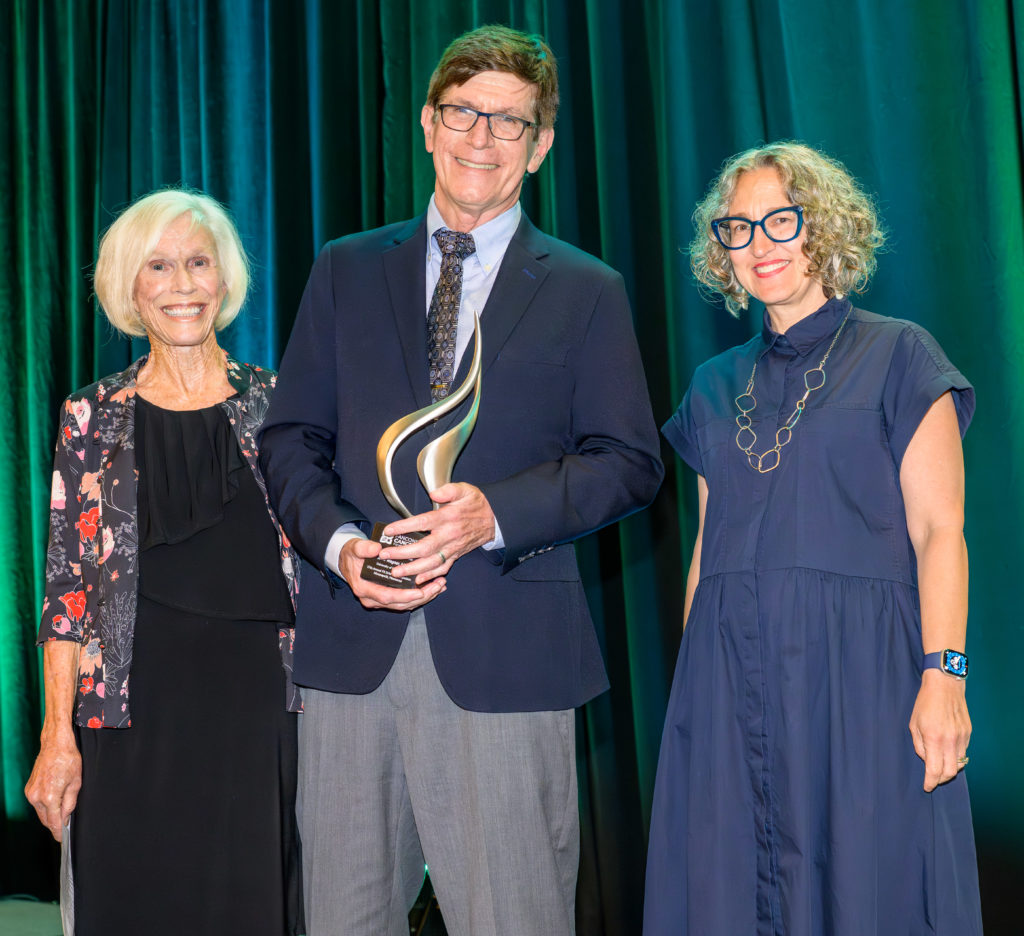
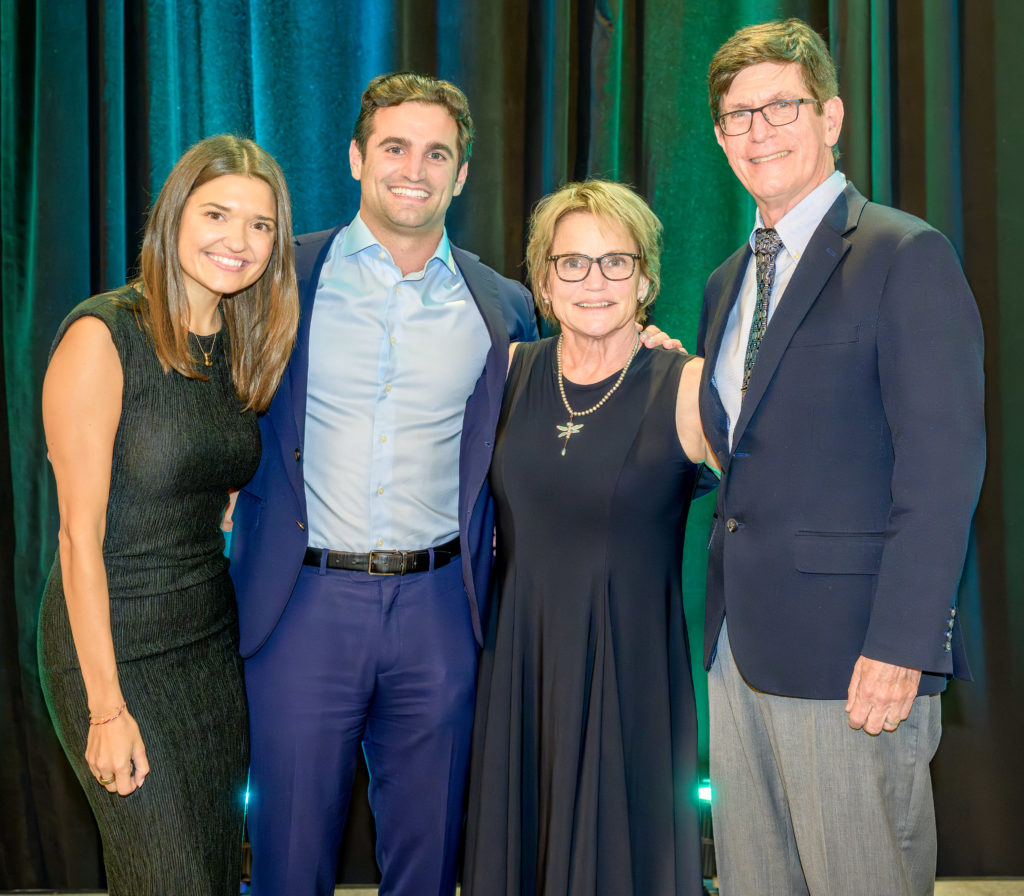
Left: Dr. Wagner accepting the Lifetime Achievement Award from FCF Co-Founder Lynn Frohnmayer (L) and Board President Lisa Mingo (R)
Right: Dr. Wagner with his family
Transforming Transplantation for FA
Dr. Wagner went on to pioneer the use of umbilical cord blood as a source of stem cells for transplant, a breakthrough that has since saved countless lives. His work also advanced the idea of embryo selection, allowing parents to conceive a healthy, genetically matched sibling who could serve as a stem cell donor. This innovation led to the birth of FA patient Molly Nash’s brother, Adam, in 2000, an event that captured global attention and opened new ethical and scientific conversations.
Another of Dr. Wagner’s lasting contributions came through his 1998 Fanconi Anemia Research Fund grant to test the safety and effectiveness of a then-novel drug, fludarabine. The results were transformative: transplant survival rates for individuals with FA rose from 15–20 percent to more than 60 percent, and later to over 90 percent today. “Literally overnight,” Lynn said, “we went from near-hopeless odds to outcomes we could only dream of.”
A Journey of Bold Ideas
In his acceptance remarks, Dr. Wagner reflected on that journey with humility and humor. He shared stories from his early days at Johns Hopkins and the many families, scientists, and clinicians who shaped his work. “As every parent would say,” he noted, “we don’t have enough time. We have to have bold ideas. We have to take risks.”
He revisited the controversies and ethical challenges surrounding embryo selection, recalling debates with religious leaders and global media attention that led to threats to his own safety. However, he emphasized the value of open, respectful dialogue between science, ethics, and faith, a point shared with him by Pope Benedict when he was invited to the Vatican in 2011.
Dr. Wagner closed his remarks by honoring the individuals with FA whose courage has guided every advance in his career. “We have to take chances because we might make a difference,” he said. He recognized his colleagues, his wife, Lisa, and the many families who trusted him with their care. “These are the true pioneers,” he told the audience, inviting all who had participated in FA research and treatment to stand together.
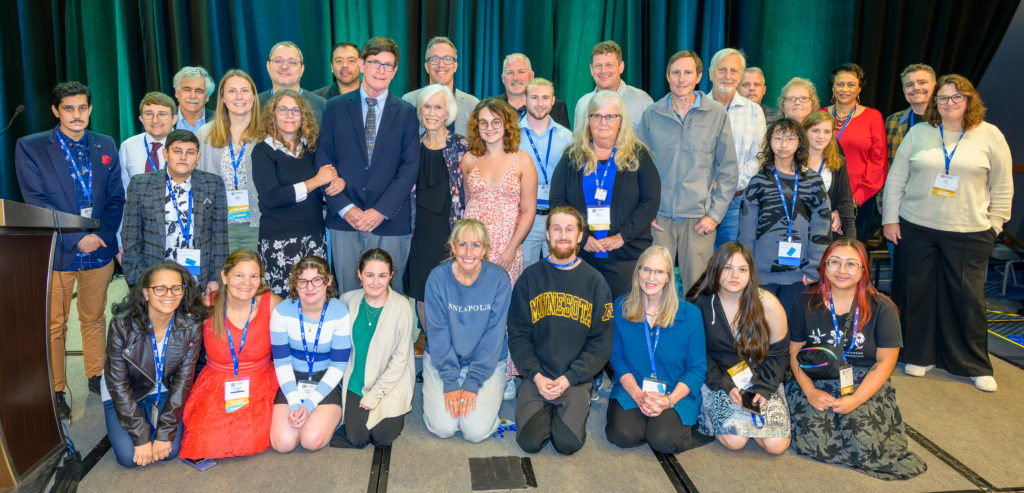
Before concluding, he offered a message to clinicians and researchers carrying the work forward: “Engage the public. Tell the truth, even when it’s hard or not well received. Think deeply about what should be done, not only what can be done. Collaborate with ethicists and always keep your promises to the people you serve. Even when an experiment doesn’t achieve what you hoped, learn from it, because that learning will move the field forward.”
Continuing the Work
Today, Dr. Wagner’s commitment to the FA community continues through his service on the Fanconi Cancer Foundation’s Board of Directors and Scientific Advisory Board, and through his focus on one of the greatest challenges ahead: understanding and preventing FA-related cancers. His leadership and collaboration across disciplines are helping to bridge the fields of immunotherapy, gene editing, and cancer biology, advances that will shape the next generation of care for people with FA.
As Dr. Wagner reminded the community, progress requires courage. The work is not finished. To answer the next unanswered questions, researchers and advocates must continue to take bold risks, ask hard questions, and invest in ideas that have the power to transform what’s possible once again.
Through decades of scientific innovation and personal dedication, Dr. Wagner has helped transform the outlook for individuals with Fanconi anemia, from a disease once defined by childhood loss to one where longer, fuller lives are possible. The Fanconi Cancer Foundation is honored to celebrate his extraordinary contributions and his enduring partnership with the FA community.


